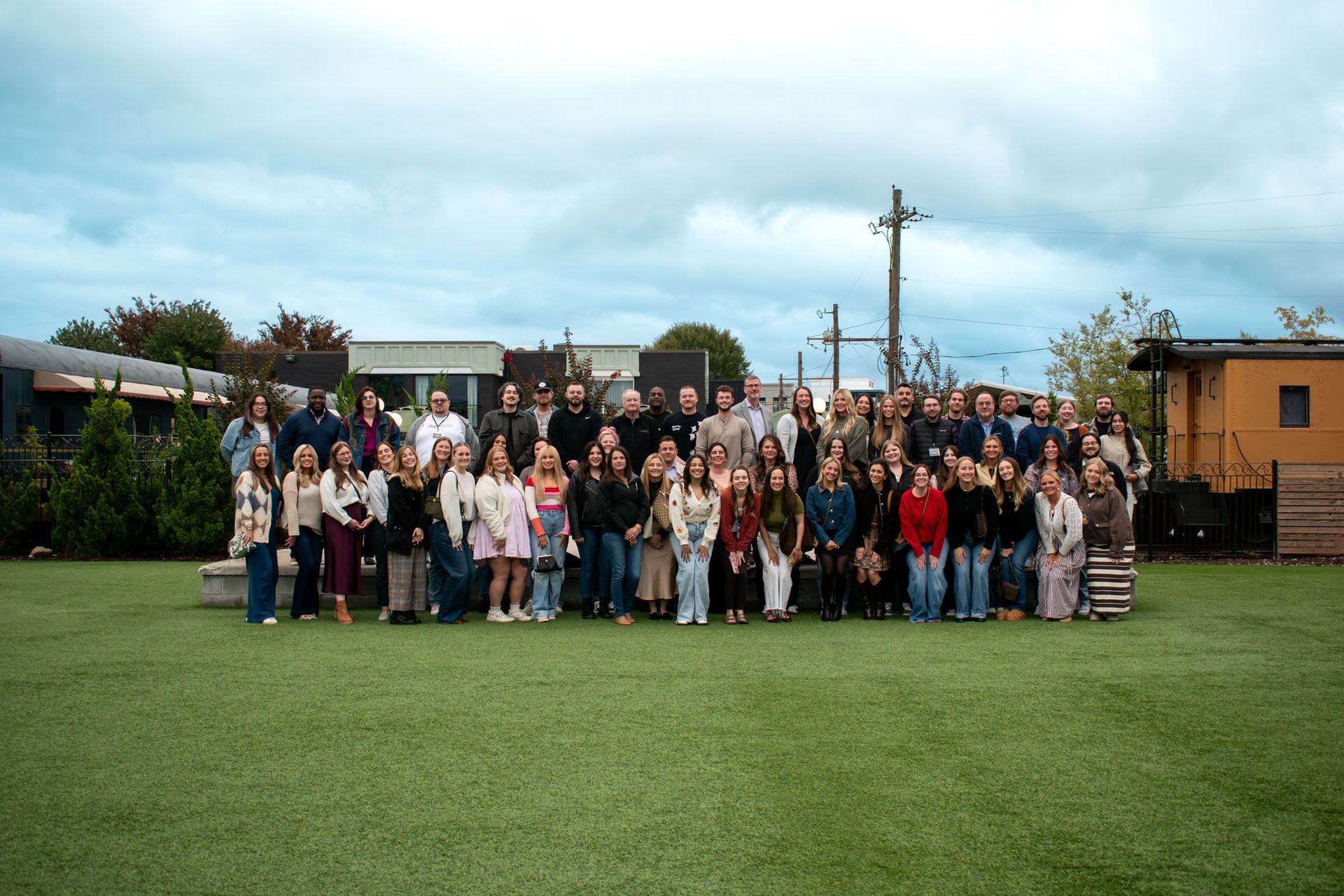Organizing Your Business: How a CRM Can Make Your Life Easier
Have you heard of CRMs but don't really know what they are? Do you know what a CRM is but it's just too much work to look into?
You're not alone.
We'll go through step by step on what CRMs are, how they can help your small business, and why they're worth your time and money.
Don’t feel like reading or prefer a more interactive experience?
Book time with our Director of CRM.
WHAT IS A CRM?
CRM stands for Customer Relationship Management. Imagine a CRM like a super organized digital address book combined with a personal assistant. It's a tool that helps businesses keep track of all their interactions with customers.
So, instead of having bits and pieces of customer information and projects scattered around, everything is neatly organized in one place. It helps you remember who your customers are, what they've bought, and any conversations you've had with them.
Plus, it makes it easier to follow up with them, so you can build better relationships and keep them happy. Essentially, it's like having a virtual sidekick to help you stay on top of your customer relationships.
And the best part? You can share this tool with your entire team.
LET'S BREAK IT DOWN
CRMs can do just about anything you need it to. How do we know? Because we use one, and it's changed the game for us!
Let's break down some of the main things you can do with a CRM & why it's worth the investment:
Keep all of your customer information in one place
Ever wonder if one of your teammates has contacted a customer yet? No need to wonder anymore.
A CRM allows you to store all customer information in one centralized database, making it easily accessible to multiple employees. This can help provide a unified view of the customer across different departments and help in providing consistent and personalized service.
Whether you're a brand new business or you're established, there's never a better time to invest in a CRM than right now. Having an organized view of all of your projects and customers will free up time to focus on what really matters.
Improve your customer service
A CRM can help you provide better customer service by allowing you to track interactions with customers, such as phone calls, emails, and chats. It can also help track customer inquiries and support tickets, prioritize them, and ensure that they are resolved quickly and efficiently.
With a CRM, it'll be much harder for things to fall through the cracks!
Manage your marketing
A CRM helps keep all your marketing tools in one place. This means you can send marketing emails, create website forms, and even manage social media posts without switching between different apps.
When you make forms in the CRM, they automatically connect to your customer list. This means you don't have to take the time to enter customer details. Phone calls can also be linked to your database, so you'll always have access to your conversations.
Manage your sales team
A CRM can help manage sales opportunities, pipelines, and forecasting. It can help your sales team keep track of potential customers and provide insights into customer behavior, preferences, and trends, which can help them close more deals and upsell to existing customers.
Increase your company's efficiency
A CRM can automate many manual tasks, such as sending emails, setting up follow-up reminders, and generating reports, freeing up your employees' time to focus on more critical tasks.
This feature is helpful for everyone on your team, but especially your sales team. They'll be able to set up automations to make sure their leads are always being nurtured.
Track what's working and what's not
A CRM can provide you with valuable data insights, such as customer behavior patterns and preferences, which can help in making more informed decisions and improving the overall customer experience.
The great thing about CRMs is that there are hundreds of ways to track your businesses data. Want to know what ads are effective? Your CRM can track that! What to know how many calls your sales people are making per day? It can do that too!
Setting up a CRM does take time and effort. If you need help, we have a CRM consultant dedicated to helping you set up and take control of your data.
Set up a CRM consulation today:








